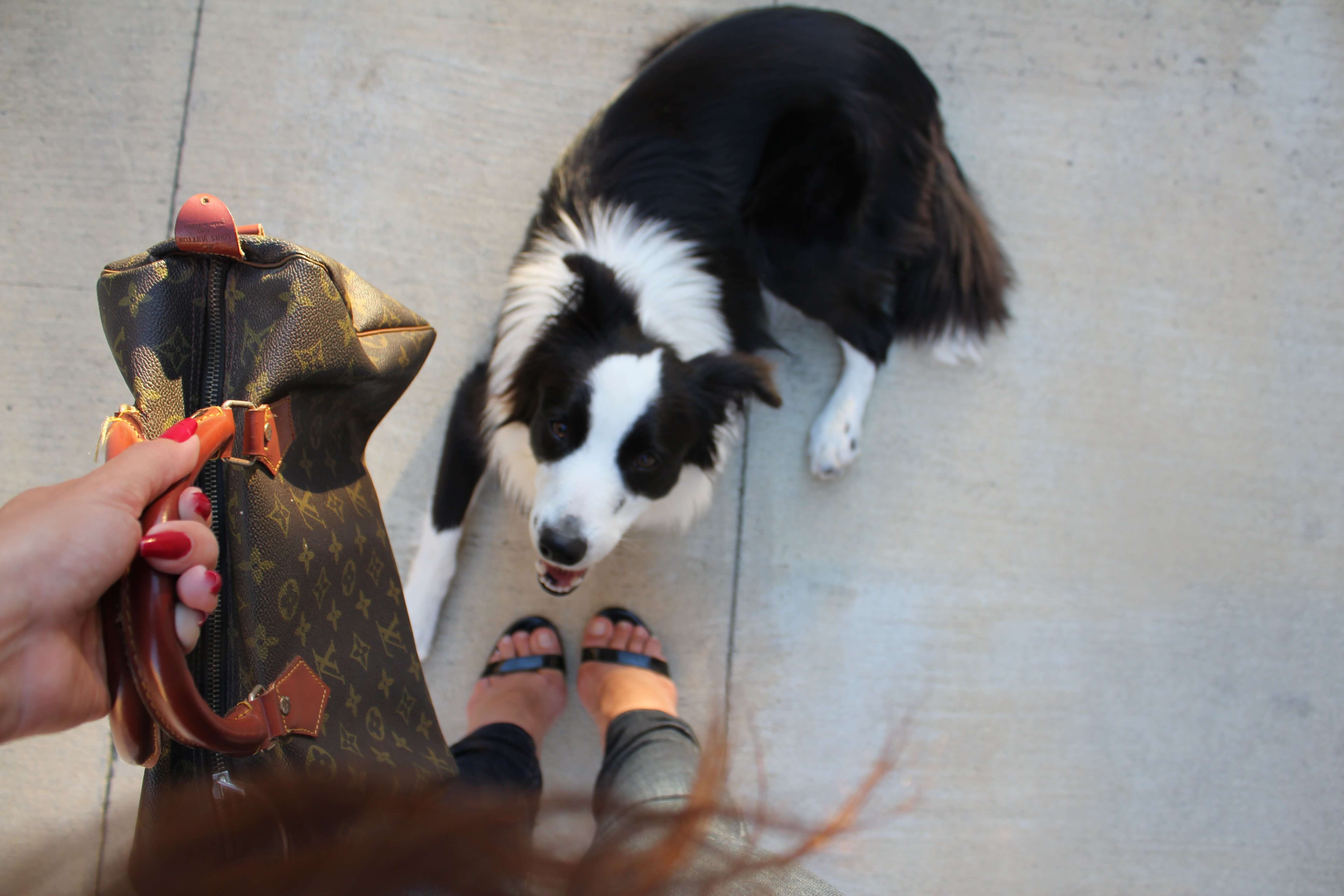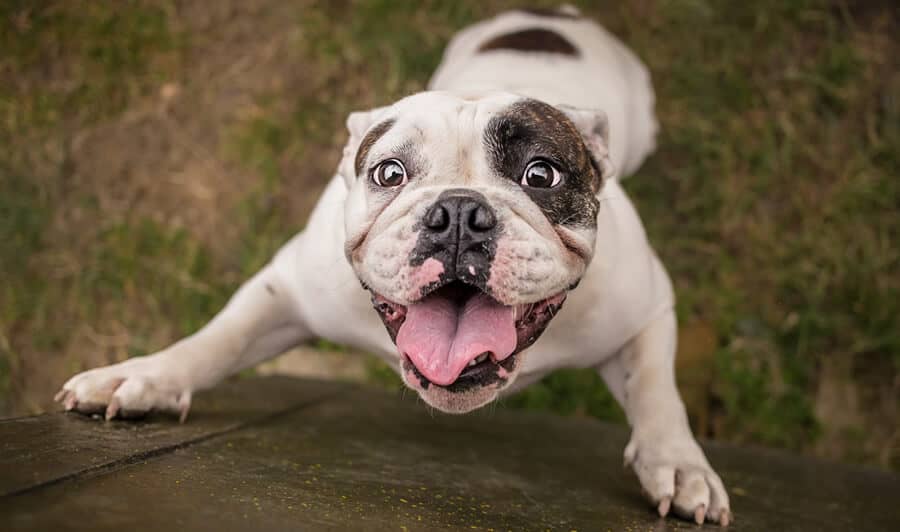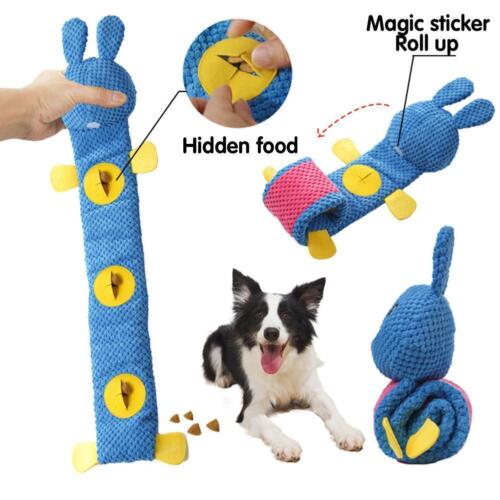
Many people call house-training a dog "housebreaking", but this is quite a different practice. Instead of punishing your puppy for being good, reward them for their behavior. Here are some tips to help you do this. Continue reading to learn more. These are some ways to housetrain your dog. These are some great tips. Tell your puppy to stay in the bed and not go to the bathroom.
Be consistent and reward your puppy when house training. After your puppy has eliminated from a place, give him food rewards. Your puppy will learn more quickly if you offer rewards than if they wait. Don't reprimand your puppy for an accidental accident. To keep your dog happy and clean, reward him as soon as you can after an accident.

Housetraining a puppy begins before your new pet is brought home. Start by choosing an area in the house where the puppy will go to the bathroom and eliminate. You should choose a spot that is easy to clean. Ensure that it is clean and free of harmful products. Make sure to use pee pads in that area. After your pup has had a stool, make sure you place a clean towel on the affected area. This will strengthen the smell and help your puppy remember where to go.
If your puppy is urinating in an unusual place, you can take him outside. If your puppy continues to urinate in the same spot, it will eventually be time to take him outside. A puppy should be confined to the den or crate in an unsupervised area while you supervise it. You must always watch your pup to ensure that they do not defecate in inappropriate areas.
A house-training map is an additional tool that can be used to house-train your puppy. Notepads will allow you to see the patterns of accidents that your puppy has experienced. You can then mark the spot as a "safe place" for your puppy to go potty. Then, gradually decrease the amount of paper you use each day until your puppy doesn't need to go. Your puppy will eventually be house-trained if you are patient.

Your puppy will soon be able learn to use the potty once he has learned the word. The word will be understood by your puppy with the same confidence and consistency as people. It is important to remain calm when housetraining your puppy. By using these techniques, you can train your puppy to use the bathroom inside of the house. It will save you time and effort in the long term. It will be easier for you to train your other family members once he knows the basics.
FAQ
What is pet insurance?
Pet Insurance offers financial protection to pets in case they are injured or become sick. It also covers routine care such as vaccinations or spaying/neutering.
Additional benefits include emergency treatment in the event your pet becomes ill or is involved in an accident.
There are two types:
-
Catastrophic – This insurance pays for the medical costs of your cat in case of serious injury.
-
Non-catastrophic – This type covers routine costs for veterinary care, including vaccinations, microchips or spays/neuters.
Certain companies offer both catastrophic coverage and non-catastrophic. Others only offer one.
To cover these costs you will need to pay a monthly Premium. The amount you spend on your pet’s care will determine the cost.
The price of insurance depends on which company you choose. Make sure to shop around before you buy.
There are discounts offered by some companies if you buy more than one policy.
If you already have a pet insurance plan with another company, you can transfer your existing plan to a new company.
If you choose not to purchase any pet insurance, you will need to make all payments yourself.
There are still ways you can save money. You can ask your veterinarian about discounts.
You may be disregarded by your pet if he sees you frequently.
If you prefer to pay for a pet, there are many options.
It doesn't matter what kind or type of insurance you have, you should always carefully read the fine print.
This will show you the exact value of your coverage. If you don't understand something, contact the insurer immediately.
What kind should I feed my dog?
It is important to give your dog a healthy diet.
Chicken, beef, eggs and dairy are some of the protein-rich foods.
Fruits, vegetables, legumes, bread, cereals and pasta are all high in carbohydrate.
Lean meats, poultry and fish are all low in fat, as well as nuts, seeds, whole grains and whole grains.
Before giving your dog any new foods, consult your veterinarian.
What are some signs that my dog might be sick?
There are many symptoms that indicate that your dog is sick. Some symptoms are:
-
Vomiting
-
Diarrhea
-
Lethargy
-
Fever
-
Weight loss
-
Reduction in appetite
-
Coughing
-
Difficulty Breathing
-
Bleeding from your nose
-
Blood in urine or stool
These are just a few examples. Your vet will know what to look out for.
Should I spay/neuter/neuter a dog?
Yes! It is vital to spay/neuter your dog.
It helps reduce unwanted puppies and reduces the risk for certain diseases.
There is, for instance, a greater chance of breast cancer in female dogs that in male dogs.
And there is a higher risk of testicular cancer in males than females.
Spaying and neutering your pet also prevents her from having babies.
Which is the best pet you have?
The best pet? One you love. There is no correct answer. Everyone has a different opinion on what pet is best.
Some people believe cats are better than dogs. Others say that dogs are more loyal and loving. Some argue that birds are the best pet.
Regardless of the type of pet that you decide to get, it is important that you determine what type of pet best suits you.
If you're friendly and outgoing then a dog is right for you. A cat is the best choice for you if you are shy or reserved.
Also, take into account the size your house or apartment. If you have a small apartment, you will need a smaller pet. You'll need more space if you have a larger home.
Remember that pets need lots of attention. They must be fed often. They should be taken out for walks. You should also brush and clean them.
These are the things that will help you choose the right pet for you.
What should I consider before getting an exotic pet?
Before you purchase an exotic pet, you should think about these things. First, you must decide if you will keep the animal as an exotic pet or if your intention to sell it. If you are keeping the animal as your pet, ensure that you have enough space. You should also know how much you plan to spend on the animal's care. You will need to take time to look after an animal. But, they are worth it.
If you plan to sell the animal, then you need to find someone who wants to buy it from you. Make sure that whoever buys your animal knows what they're doing regarding taking care of animals. Make sure you don't feed your pet too much. This could cause problems for your animal's health later.
If you choose to get an exotic pet, then you need to make sure that you research all aspects of them. Many websites provide information about various types of pets. Avoid falling for any scams.
Statistics
- Here's a sobering reality: when you add up vaccinations, health exams, heartworm medications, litter, collars and leashes, food, and grooming, you can expect a bill of at least $1,000 a year, according to SSPCA. (bustle.com)
- In fact, according to ASPCA, first-year expenses can sum up to nearly $2,000. (petplay.com)
- Reimbursement rates vary by insurer, but common rates range from 60% to 100% of your veterinary bill. (usnews.com)
- It's among a relatively few companies that provide policies with a full (100%) coverage option, meaning you are not responsible for any co-payment of bills. (money.com)
- Monthly costs are for a one-year-old female mixed-breed dog and an under one-year-old male domestic shorthair cat, respectively, in excellent health residing in Texas, with a $500 annual deductible, $5,000 annual benefit limit, and 90% reimbursement rate. (usnews.com)
External Links
How To
The best way to show a dog where to go to urinate is to use the easiest method
Teaching your pet to use the bathroom correctly is crucial. You should also know how to train your pet if they go outside alone. Here are some tips to keep in mind when teaching your dog to use the bathroom correctly.
-
It's important to begin training as early as possible. If you don't want accidents during playtime, start now!
-
You can reward your pet with food. You'll have better luck if you reward your pet after every successful trip to the potty.
-
Keep treats away from the area where your pooch pees. He could associate urine with the scent of his favorite treat.
-
Make sure there isn't another animal around before letting your dog out. Dogs who observe others relieved themselves may assume it's normal.
-
Be patient. Your puppy may take longer to grasp the concepts than a mature adult.
-
Your dog should be able to smell everything before she can go in the bathroom. If she can smell the toilet, she will learn more quickly.
-
Do not allow your dog to go near the bathroom while you take care of business. That could lead to confusion.
-
When you finish, wipe down the seat and the floor around the toilet. These areas will serve as reminders of what you need to do next.
-
You must immediately clean up any mess. If your dog has an accident, clean it up quickly and thoroughly. You might have to give him another chance at relieving himself.